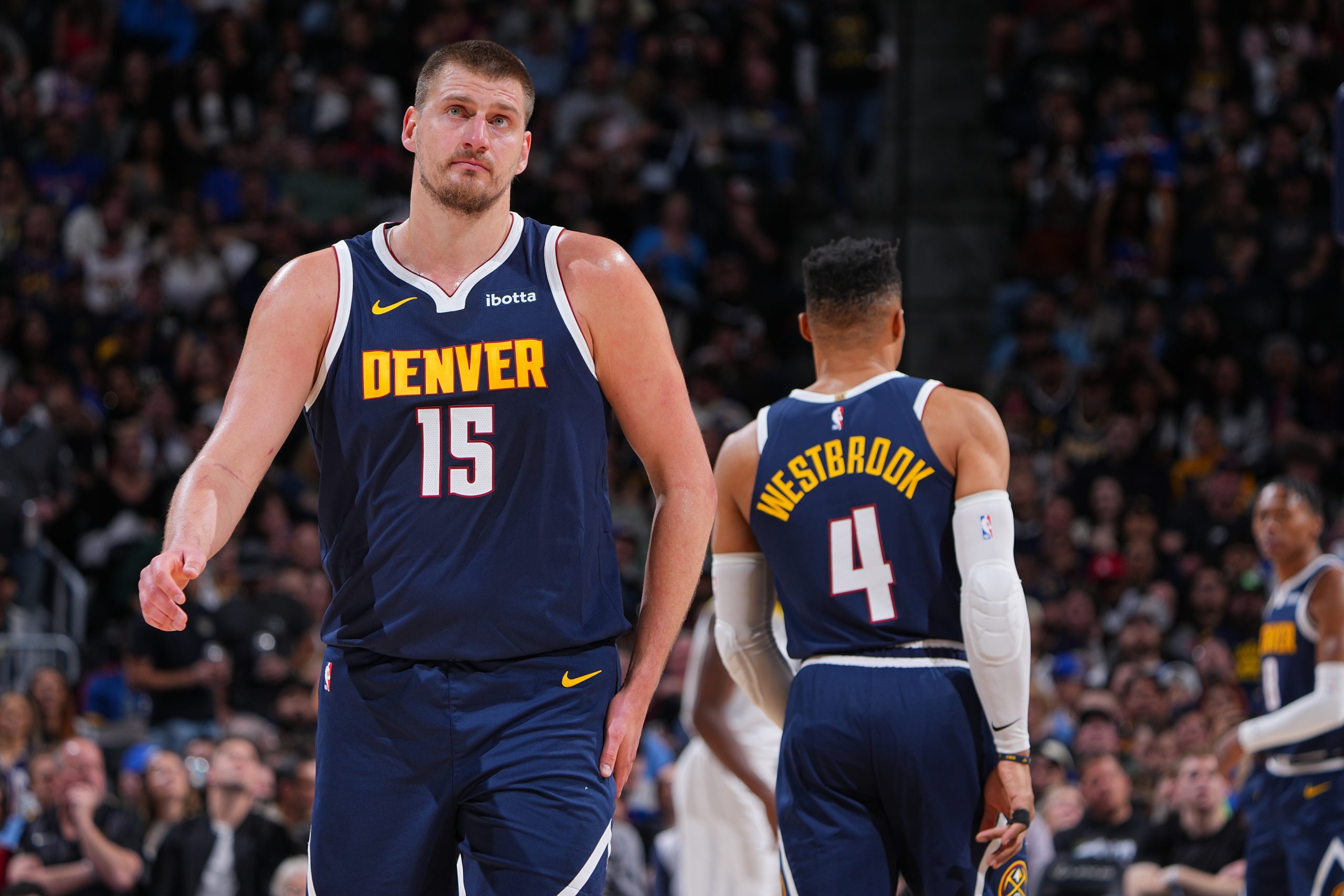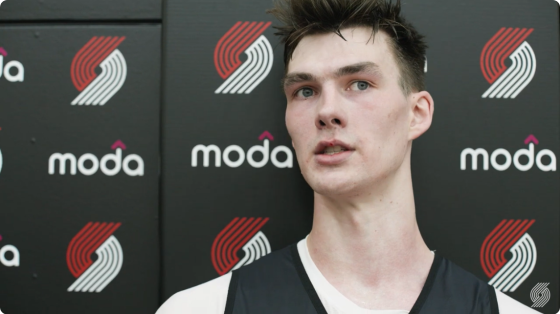Jayson Tatum did not open the Olympics in the starting lineup, no surprise even as Kevin Durant came off the bench in his return from a calf injury. Team USA featured balanced lineups throughout exhibition play that often placed Tatum with the second unit. Yet when the bench shifted into the US’ Olympic opener on Sunday against Serbia, Tatum stayed seated and never left that spot. Gary Washburn, in Paris, noted that Tatum didn’t warm up after halftime.
Tatum, following possibly the first DNP-CD of his basketball life, told Washburn that he was not sick or injured, and Steve Kerr later confirmed that he made the decision to leave the Celtics star out of the game plan. It worked, the US maintained a double-digit lead for most of the game and pulled away for the dominant victory, 110-84, that it sought in recent weeks while warming up for the Olympics. But it left Celtics fans and many national onlookers stunned having just watched Tatum help lead Boston the championship.
“It’s really hard in a 40-minute game to play more than 10 guys,” Kerr said. “With Kevin coming back, I just went to the combinations that I felt made the most sense. It seems crazy. I thought I was crazy when I looked at everything and determined these are the lineups I wanted to get to. Jayson is first-team All-NBA three years in a row. He’s one of the best players in the world. I went with the combinations I felt would make sense, and I talked to him, and he was incredibly professional.”
Kerr said Tatum’s time will come later in the tournament, and with Durant playing a careful 16 minutes coming from a calf sprain, it’s possible that minutes fluctuate back in Tatum’s direction. On Sunday, Devin Booker shot 4-for-5 from three in a starting role, Jrue Holiday continued to play point guard with the starters in a continuation of his highly successful exhibition slate and Derrick White returned to the backup point position that keyed close wins over South Sudan and Germany. Anthony Edwards provided the second unit scoring, adding 11 points on 4-for-6 shooting. Then, Bam Adebayo and Anthony Davis continued their dominant double-big defensive partnership off the bench.
That left Tatum and Tyrese Haliburton on the outside looking in. Cutaways to the bench showed Tatum mostly sitting, sometimes standing and clapping, and stretching outside of the timeout huddle in an unfamiliar position. Haliburton smiled and laughed from the bench. Both players received opportunities in the exhibitions, and while their status as the top players on the two teams that competed in the east finals made their demotion surprising, it became evident both players faced difficult acclimations to this roster even if they did play.
Tatum mostly stood in the wings, caught passes as a cutter and set screens earlier this month. He finished 0-for-6 from three across five games and sometimes didn’t attempt any. That left the second unit’s front court playing around the rim entirely. Like Haliburton, Tatum lost his normal point role to the team’s guards, LeBron James, and on Sunday, Durant’s return left Tatum out of the game entirely. Trusting Holiday and White to manage the offense and pressure opposing guards worked, the other two Celtics combining for 17 points on 7-for-10 shooting. They hit all four threes that they attempted in a 56.3% US three-point effort.
Shooting likely became the biggest reason beyond all the talent in front of him for Tatum’s demotion. While it’s difficult to gauge where his shot is at based on six attempts, those misses followed a 28.3% three-point shooting postseason where Tatum remained cold from deep throughout. He made up for it with a renewed defensive effort, dominant rebounding and impactful passing while manipulating crowds of defenders for Boston. Seeing one-on-one coverage seemed to throw Tatum off in the USA exhibitions, though, often deferring to his star teammates or unable to exploit the defense with his scoring. He only drew five free throw attempts and didn’t hit a jump shot period until the final game.
Kerr added that Tatum handled the benching well, and while Celtics fans can take solace in Holiday and White flexing their importance to winning basketball, Tatum becoming the headline from the game didn’t quell any criticism of Tatum’s performance during the championship run. Tatum leaned on the width of his impact outside of scoring to lead Boston to the ultimate prize. In this setting, the US leaned on the shooting and scoring advantage Booker and Edwards carried over him, and the young stars have collectively deferred to the status James, Curry and Durant have earned.
Tatum previously became the second-leading scorer on the 2021 Olympic team, shooting 49.3% from the field and 44.7% from three alongside Durant while winning gold. The US sought to minimize some of the inconsistency the roster showed in recent tournaments. On an old-school all star team, Tatum might’ve played over White, Holiday, or even Joel Embiid, who has mostly struggled with the US team, but he falls into a different bucket on a team focused on forming roles. Tatum struggled to form one in the preparation process.
It calls back to the same debate had following Jaylen Brown’s snub from the team, aside from sneaker politics. Grant Hill said that decision came down to building the best possible team. If the exhibitions showed anything, the best version of that team could change nightly. Tatum mostly shook off his bad nights and losses across recent seasons, but on Sunday, he faced a challenge he might’ve never felt before. He opened Olympic training camp, affirmed as a champion, sharing the same message he preached to Boston all year.
“We got high character guys,” Tatum said earlier this month. “That understand what we’re trying to accomplish and understand how tough it is to put 12 new guys on the team with 40 days to get to know each other and practice and be away from their family to try to win a gold medal. That’s all that matters, not who starts, how many points you average. All that matters is if you come home with the gold medal.”






